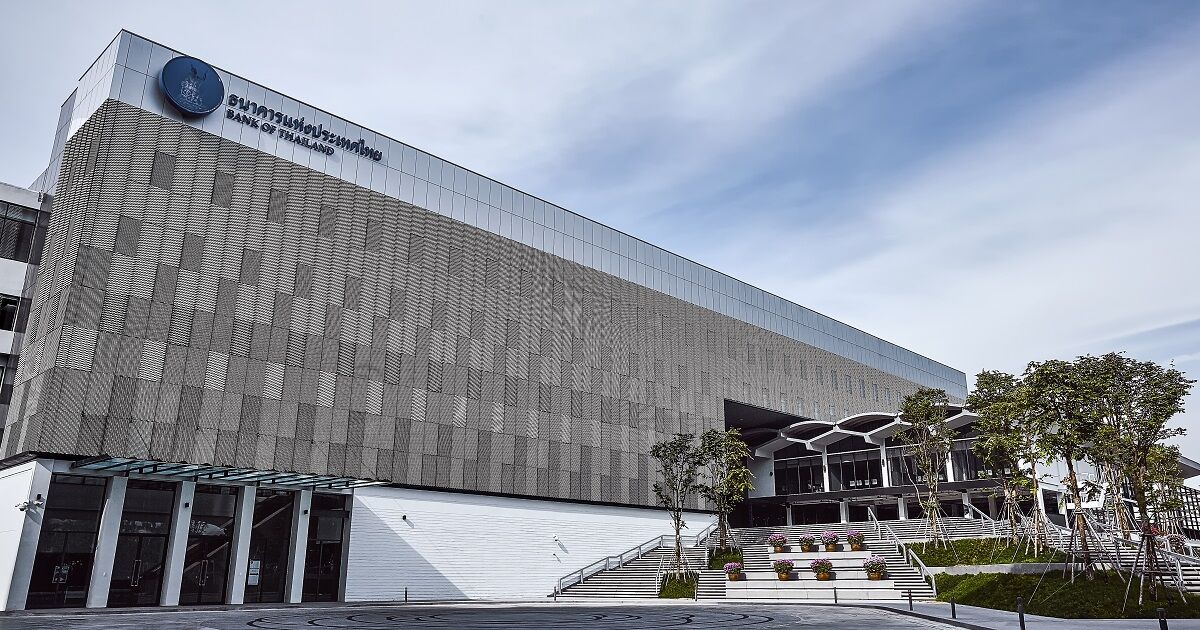Bank of Thailand to accept virtual banking licences applications

This month, the Bank of Thailand is set to welcome applications for virtual banking licences, a move that has piqued the interest of numerous business operators. The finance ministry is currently in possession of a draft outlining the regulations for virtual banking, which is due to be made public in the Royal Gazette.
Suwannee Jatsadasak, a 42 year old assistant governor at the central bank overseeing the supervision group, indicated that the application period would kick off in March. The bank envisages a nine-month evaluation period for the assessment of applicants’ credentials, with announcements of successful applications anticipated by mid-2025. Virtual banking services are projected to be operational by 2026, said Suwannee.
“Several business operators are interested in applying for licences via a consortium.”
The first round of offerings will comprise three licences, an amount deemed appropriate to uphold the stability of the local financial market and to safeguard depositors against risk.
The central bank stipulates a minimum registered capital of 5 billion baht as a prerequisite for a virtual bank licence application, as part of its effort to guarantee a secure foundation. The regulator’s objectives include the emergence of a new business model that can bolster financial inclusivity for unserved and underserved customer segments.
Recently, SCB X, a holding company of Siam Commercial Bank (SCB), revealed its plans to submit a licence application in partnership with KakaoBank, South Korea’s leading digital bank. Advanced Info Service expressed its intention to collaborate with Krungthai Bank on a licence application, while True Money also signalled its interest in applying.
Correspondingly, the central bank has updated its definition of Domestic Systemically Important Banks (D-SIBs) to incorporate mobile banking transactions, given their increasing prevalence in the country’s banking system. Mobile banking transactions in 2023 tripled compared to those in 2019.
The central bank typically conducts an annual review of D-SIBs, taking into account changes in the banking landscape, the financial system, and the overall economy, according to Suwannee Jatsadasak. Currently, six D-SIBs are regulated by the central bank, namely Bangkok Bank, Kasikornbank, Krungthai Bank, SCB, Bank of Ayudhya, and TMBThanachart Bank, reported Bangkok Post.
Latest Thailand News
Follow The Thaiger on Google News:


























